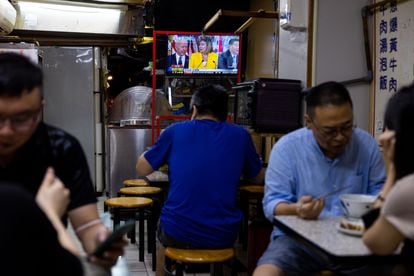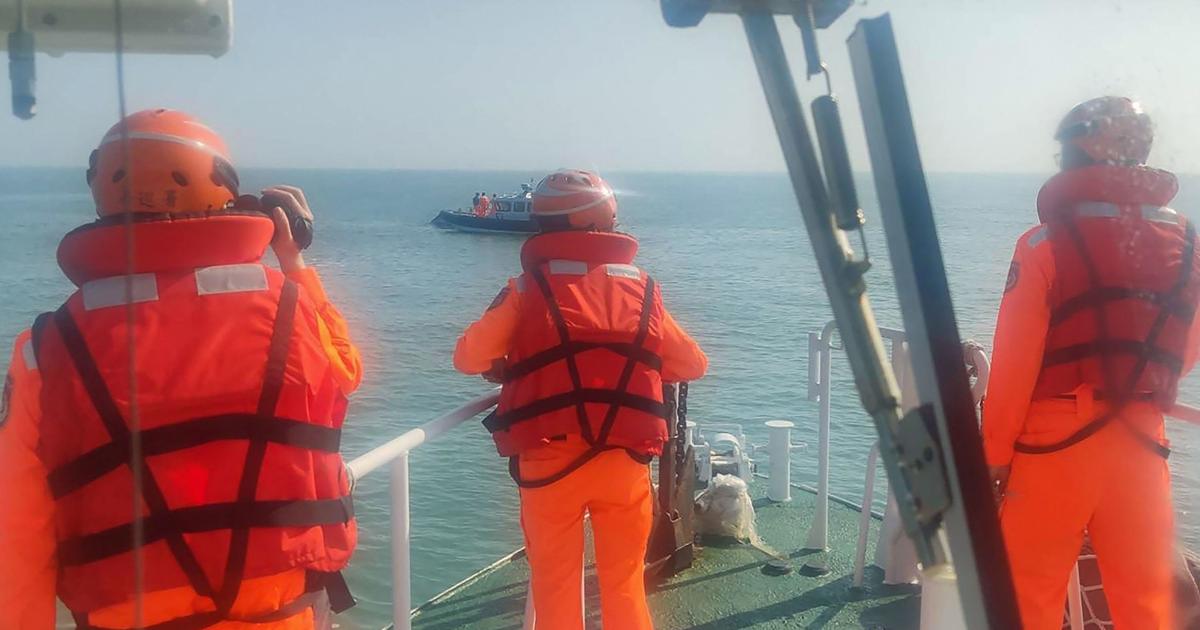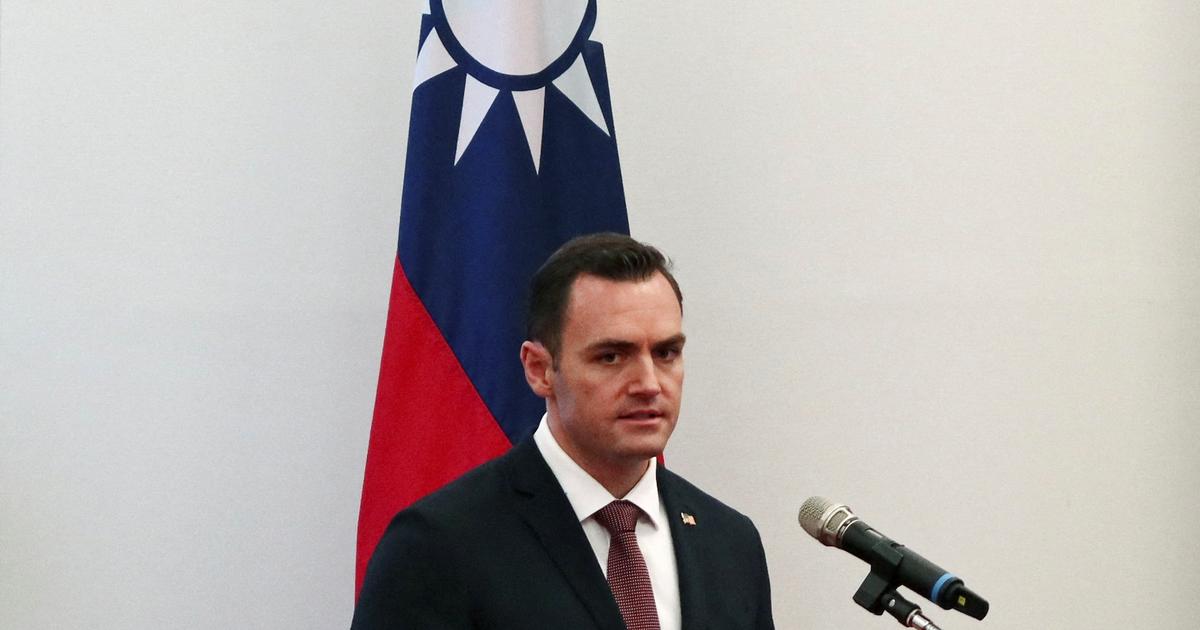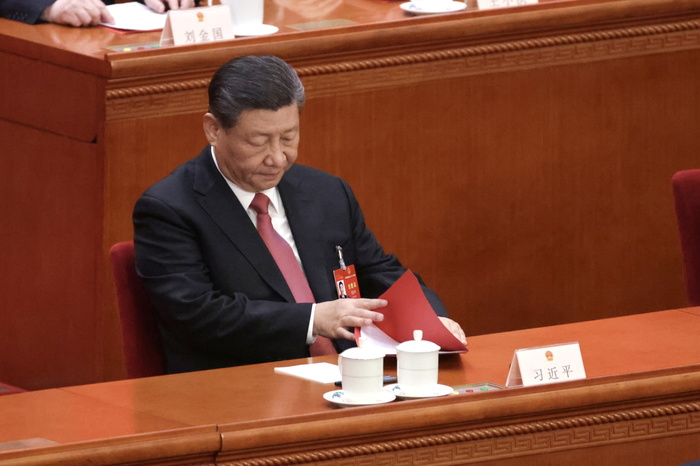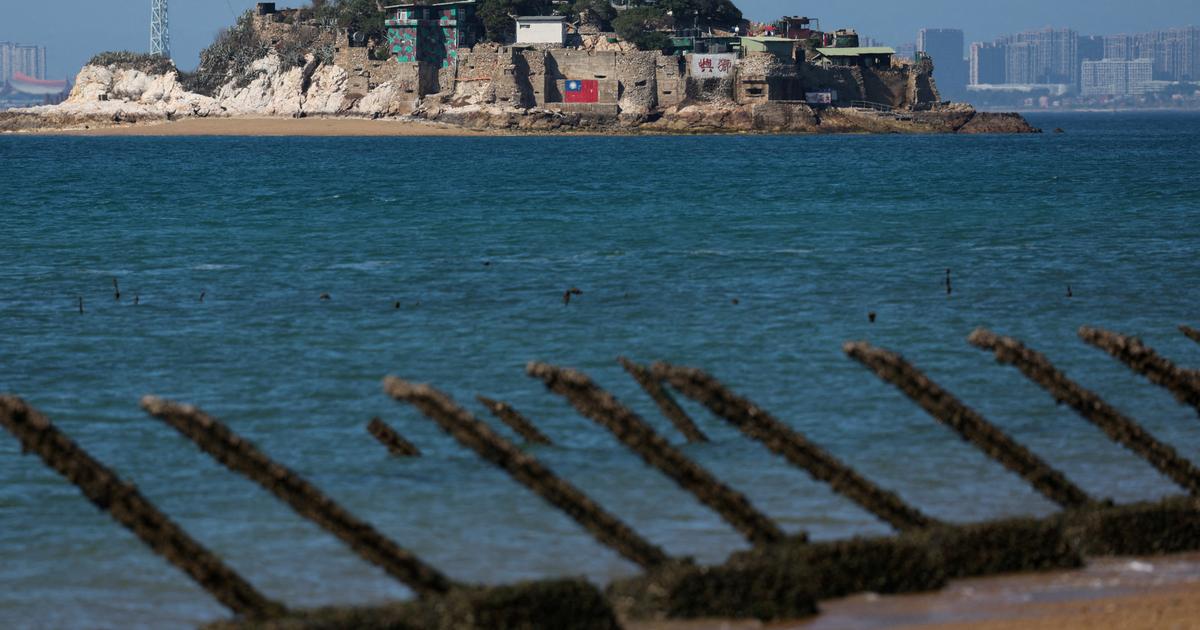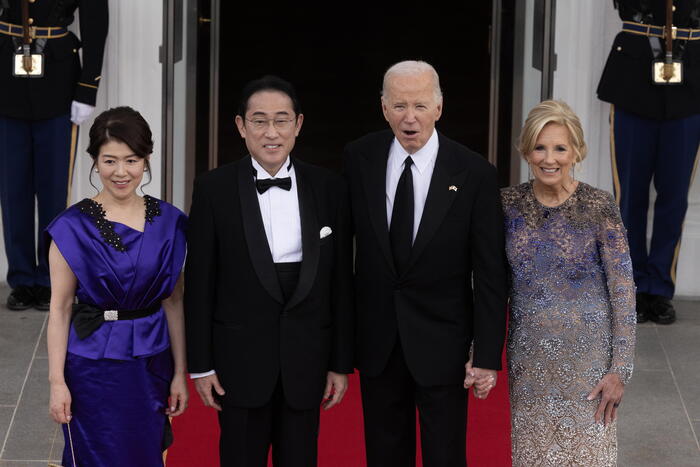The controversial visit to Taiwan by Nancy Pelosi, the president of the US House of Representatives, has sparked the most antagonistic reactions on both sides of the Strait of Formosa.
The Tsai Ing-wen Administration only lacked a fireworks show to entertain the guest, while Beijing responded with live fire to what it described as an act of "blatant provocation": a week of unprecedented military exercises and the promise that it is only the beginning of a series of maneuvers that will not pay attention to the median dividing line, the unofficial border with the island, which had been respected until now.
The harsh reaction of the Asian giant has once again put the spotlight on the status of Taiwan, an island that China considers its own.
Its two largest political formations represent antagonistic future aspirations -to approach or distance from Beijing- while the population, according to the polls, is inclined to keep things as they are;
A state
de facto
with democratic institutions, although it is only recognized by 14 countries.
“My friends and I were very excited for a personality like that [in reference to Pelosi] to come.
It's good to attract attention,” says Sun Hui'an by phone.
“We are used to threats from China.
We can't let it dictate our lives,” says the 29-year-old nurse.
Beijing's discourse has never caught on in ancient Formosa.
The two main parliamentary groups on the island defend opposing positions.
While the Blue Coalition, led by the Kuomintang (KMT), aspires to an eventual unification with the People's Republic, the Green Coalition, led by the Democratic Progressive Party (PDP), prefers a distance from Beijing.
Xulio Ríos, director of the Chinese Policy Observatory, points out that, however, "the nuances are relevant": "In the KMT there is from an intense blue - which defends unification and the idea of
a China, an interpretation -
to a blue celestial, which understands that there are two realities on both sides of the strait.
For its part, the PDP advocated independence, but today it does not make such a marked defense and is committed to maintaining the
status quo
”.
Despite the two trends, the surveys carried out biannually since 1994 by the Center for Electoral Studies of National Chengchi University (Taipei) show that the vast majority of the 23 million Taiwanese are committed to maintaining the
status quo
.
In its latest poll, in July, supporters of unification are few (1.3%) and falling, while those in favor of declaring independence (5.1%) have also run out of steam.
“My parents and I share the same opinion: we don't care who rules Taiwan, but we don't want to lose our freedoms.
My grandparents and my parents had hopes in the principle of
One country, two systems
, but after what happened in Hong Kong we know that it is not viable, ”says Wu, 32, who prefers to identify with a pseudonym
Deng Xiaoping devised the
One Country, Two Systems
model in the late 1980s.
The goal was to ensure conformity to the idea that there is but one China, while ensuring that those areas that had developed their own economic systems could keep them under Chinese rule.
The idea, originally conceived for Taiwan, has never been accepted by the island's political parties.
Old Formosa was the place to which nationalist leaders and around a million people fled after the victory of the Communist Army in 1949 in the civil war.
While in mainland China Mao Zedong declared the founding of the People's Republic, Chiang Kai-shek, the leader of the Kuomintang (the formation that had presided over the country between 1927 and 1949), established a government in exile in Taiwan.
It would not be until the 1970s that the United Nations and most Western countries began to recognize Beijing as the legitimate government of China, to the detriment of Taipei.
Taiwan is not a special administrative region of China, like Hong Kong and Macau.
It has a democratic government, a constitution and an army of 300,000 soldiers.
It is the twenty-first world economic power, leader in the semiconductor industry, and in 2019 it became the first place in Asia to legalize marriage between same-sex couples.
Diners in a Taipei restaurant watch Pelosi's arrival on the island of Taiwan on television.
ANNABELLE CHIH (Getty Images)
For the Chinese government, however, the island is a headache.
The Asian giant considers Taiwan an inalienable part of its territory, whose "reunification" is, in the words of President Xi Jinping, "a historic mission of the Communist Party."
In recent years, especially since Tsai Ing-wen assumed the Taiwanese presidency in 2016, the rhetoric of the Chinese authorities has become increasingly assertive about a future unification, for which the use of force is not ruled out.
The rapprochement of the Tsai Administration with the United States, as evidenced by the recent visit of Nancy Pelosi, has lowered Beijing's tolerance to minimum levels.
On Wednesday, China published the first white paper on Taiwan in 22 years, drawing more red lines and toughening the tone.
Although historically opposed, the Kuomintang and the Chinese Communist Party (CCP) have sometimes found ways to collaborate and to try to stop secessionism on the island.
KMT Vice Chairman Andrew Hsia is on a 17-day trip to mainland China to boost cross-border communication.
“The cooperation between the KMT and the CCP really picks up momentum in 2008, with the victory of Ma Ying-jeou (KMT) in the elections.
This made possible a rapprochement between the business and political elites of the mainland and Taiwan”, says Ríos.
Truncated approximation in 2014
That approach was cut short in 2014, when a group of protesters occupied Parliament to denounce the approval, without bipartisan debate, of a controversial trade agreement with China.
"The Sunflower Movement put the brakes on a whole process of rapprochement, which generated the expectation of a possibility of peaceful unification, agreed upon, through dialogue," says Ríos.
"The path that opened after the victory with an absolute majority of the PDP in 2016 is completely the opposite," she adds.
The fear that, by accepting the principle of
One country, two systems
, there will be an erosion of democracy has permeated the Taiwanese.
China had agreed with the United Kingdom to guarantee Hong Kong's system of freedoms until 2047. But after the 2019 protests, Beijing's position has been one of total control, with the approval of the draconian National Security Law and with a electoral reform that ended up placing the candidate backed by Beijing, John Lee, as head of government in May.
“Once you visit the Chinese mainland, if you are from the green coalition, you turn dark green.
If you are blue, you go green”, Wu sums up the Taiwanese misgivings.
However, given this evident difference that persists in the high political spheres, the majority of those surveyed choose to maintain the current situation.
When asked what he would choose between preserving the
status quo
or moving towards complete autonomy from Beijing, Wu does not hesitate: "Independence does not deserve a war."
Follow all the international information on
and
, or in
our weekly newsletter
.
50% off
Subscribe to continue reading
read without limits
Keep reading
I'm already a subscriber

